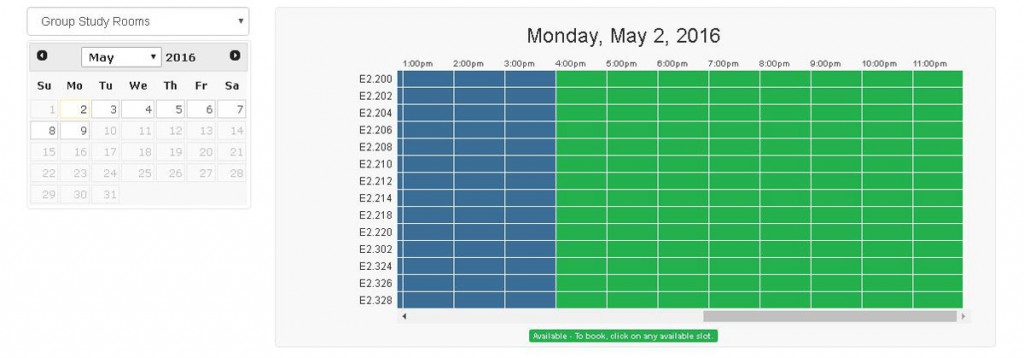 The Library is providing access to two new JoVE Science Education video databases. These databases are comprised of a series of educational video demonstrations, which are designed to teach and reinforce laboratory fundamentals. Post docs, students, and other researchers will benefit from each collections’ fifteen educational videos that provide overviews of techniques and instruments. With a combination of “motion graphics, dynamic imagery and footage from functioning laboratories,” each video is comprehensive yet consumable, averaging 7-12 minutes in length.
The Library is providing access to two new JoVE Science Education video databases. These databases are comprised of a series of educational video demonstrations, which are designed to teach and reinforce laboratory fundamentals. Post docs, students, and other researchers will benefit from each collections’ fifteen educational videos that provide overviews of techniques and instruments. With a combination of “motion graphics, dynamic imagery and footage from functioning laboratories,” each video is comprehensive yet consumable, averaging 7-12 minutes in length.
Two pre-packaged JoVE database collections, Basic Biology and Advanced Biology , are now available:
- Basic Biology includes:
- Advanced Biology includes:
Additionally, the Library also provides access to four JoVE video journals that focus on biological and medical research. Video demonstrations of biological experiments (video protocols) offer students, faculty, and researchers methods to learn new experimental techniques, providing an alternative to traditional labor and time intensive training practices. There are also no limits to repeated video journal views! JoVE provides the first and only peer reviewed, PubMed/Medline indexed video journals with more than 2,600 video protocols published at various worldwide research institutions. The Library currently funds four dedicated JoVE journal sections:
Selected portions of other sections may be available on a complimentary or limited open access basis. Additionally, all JoVE video journal content is freely available after a two-year embargo period through PubMed.



